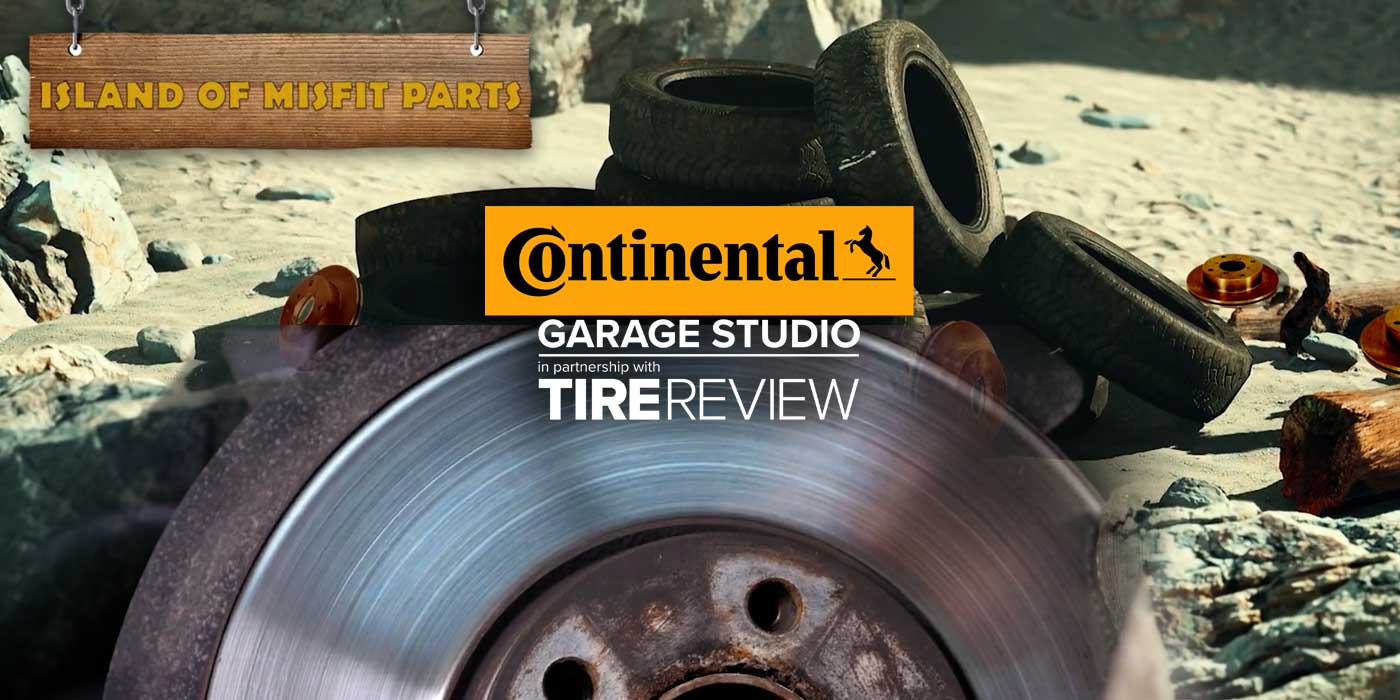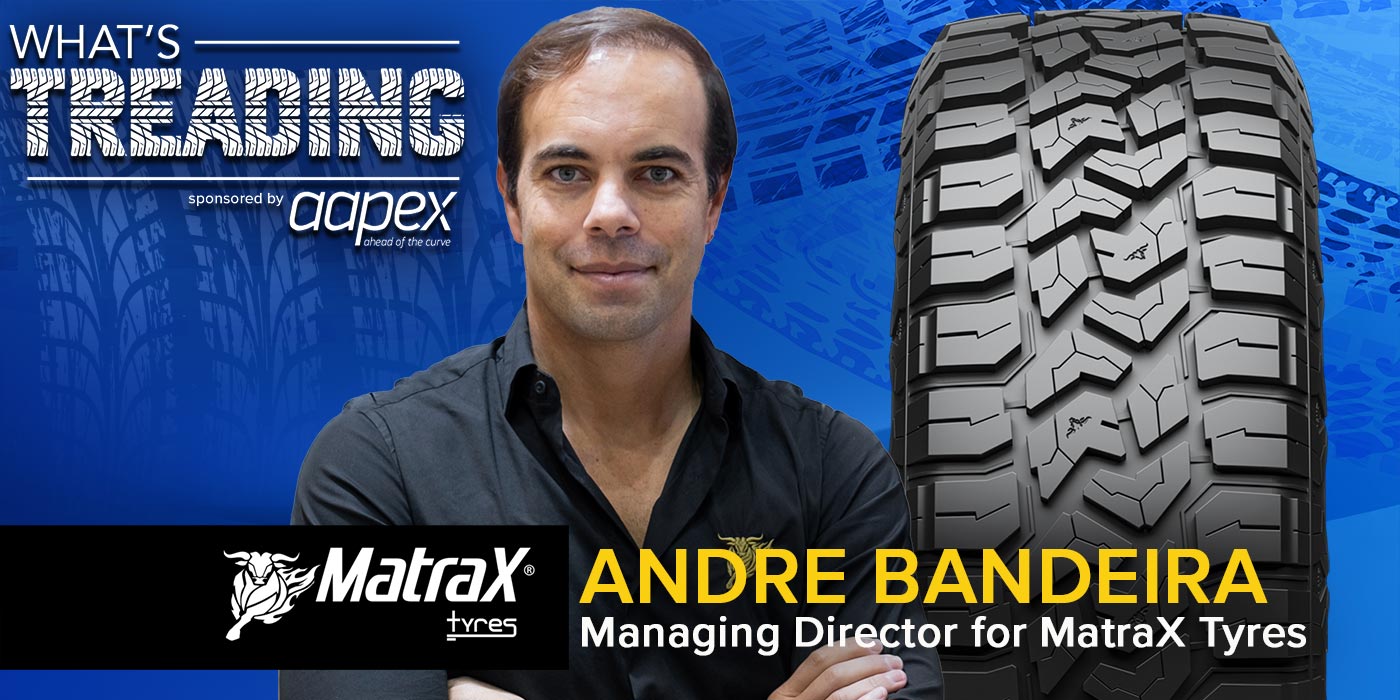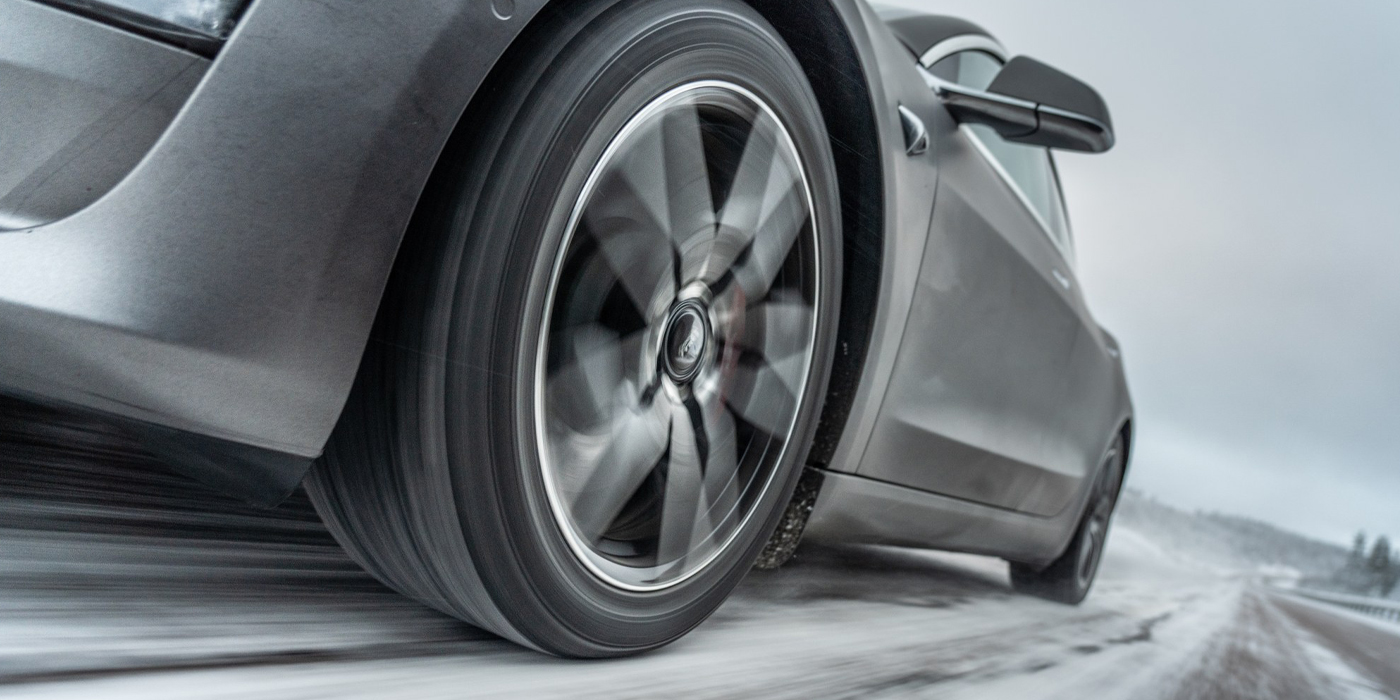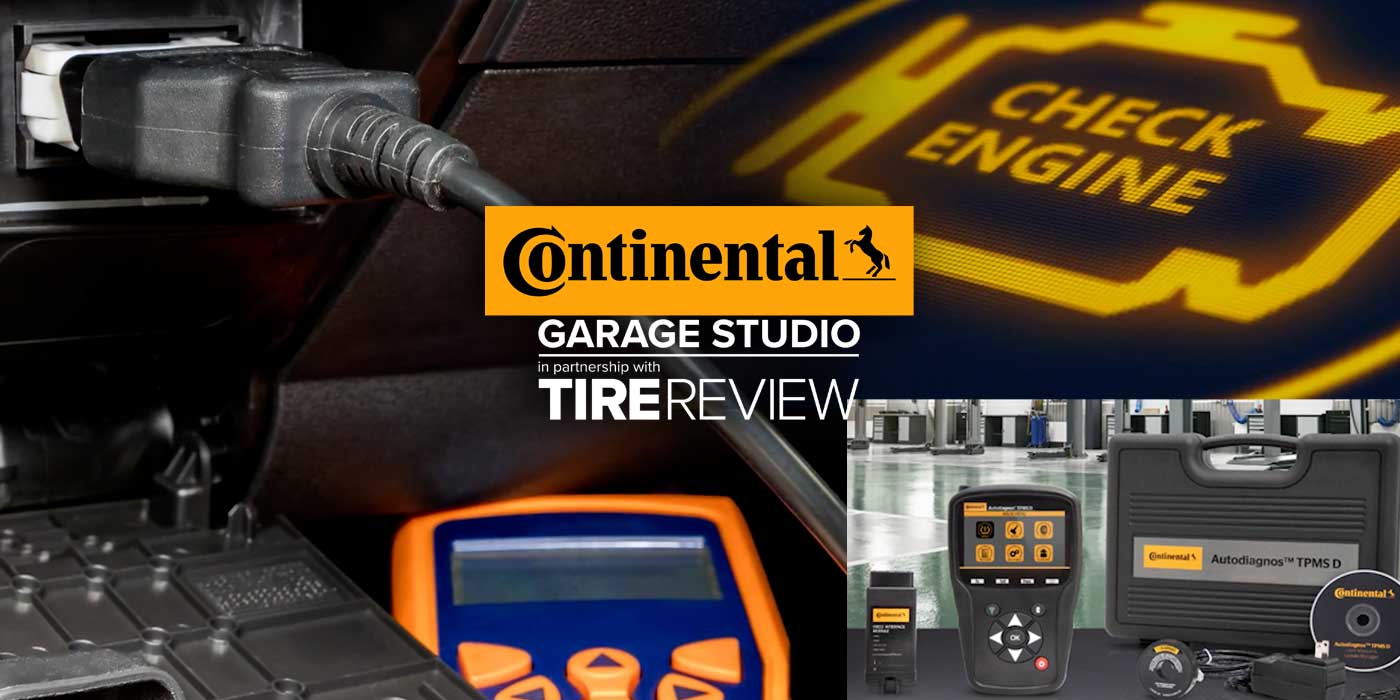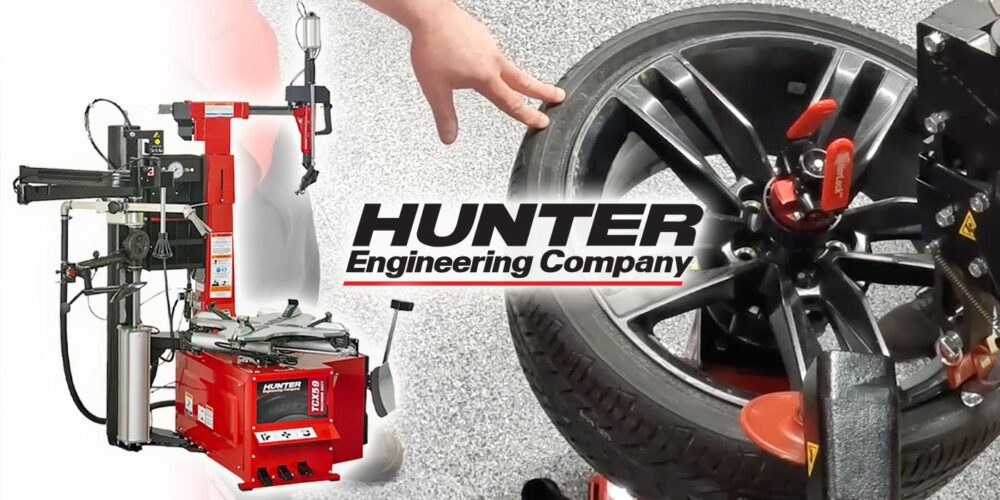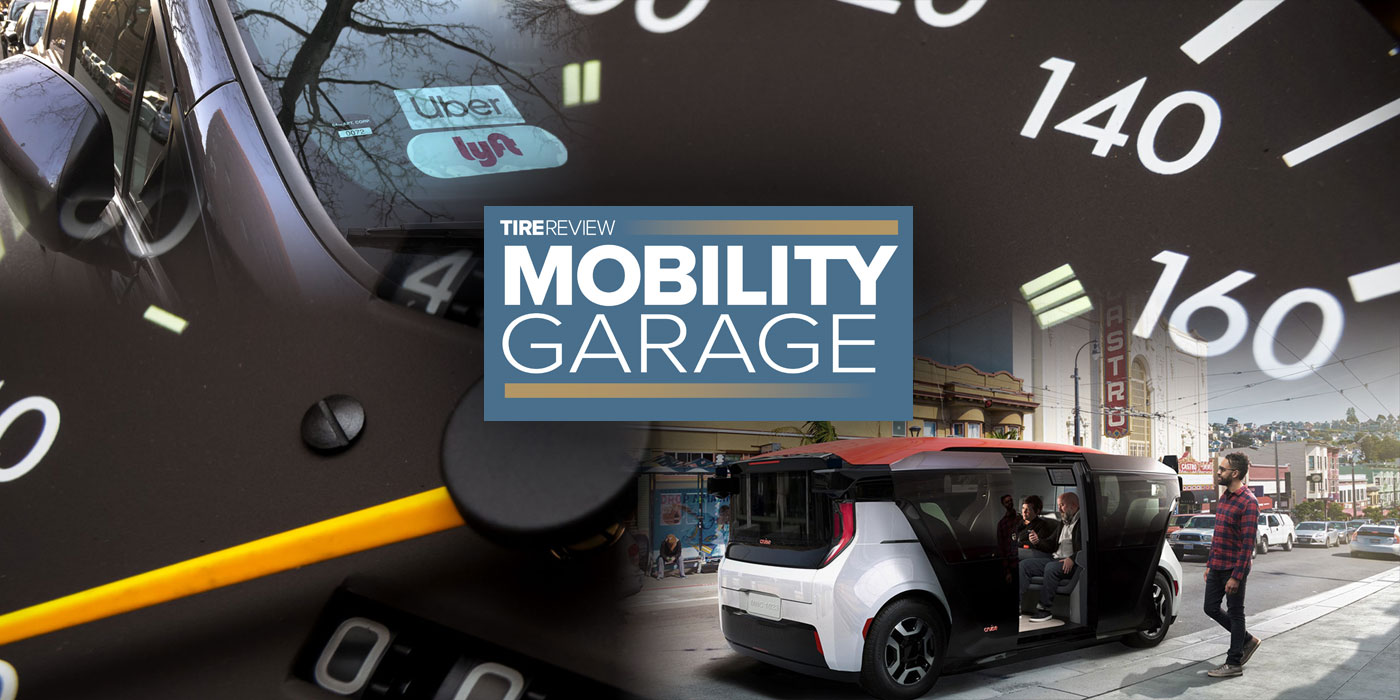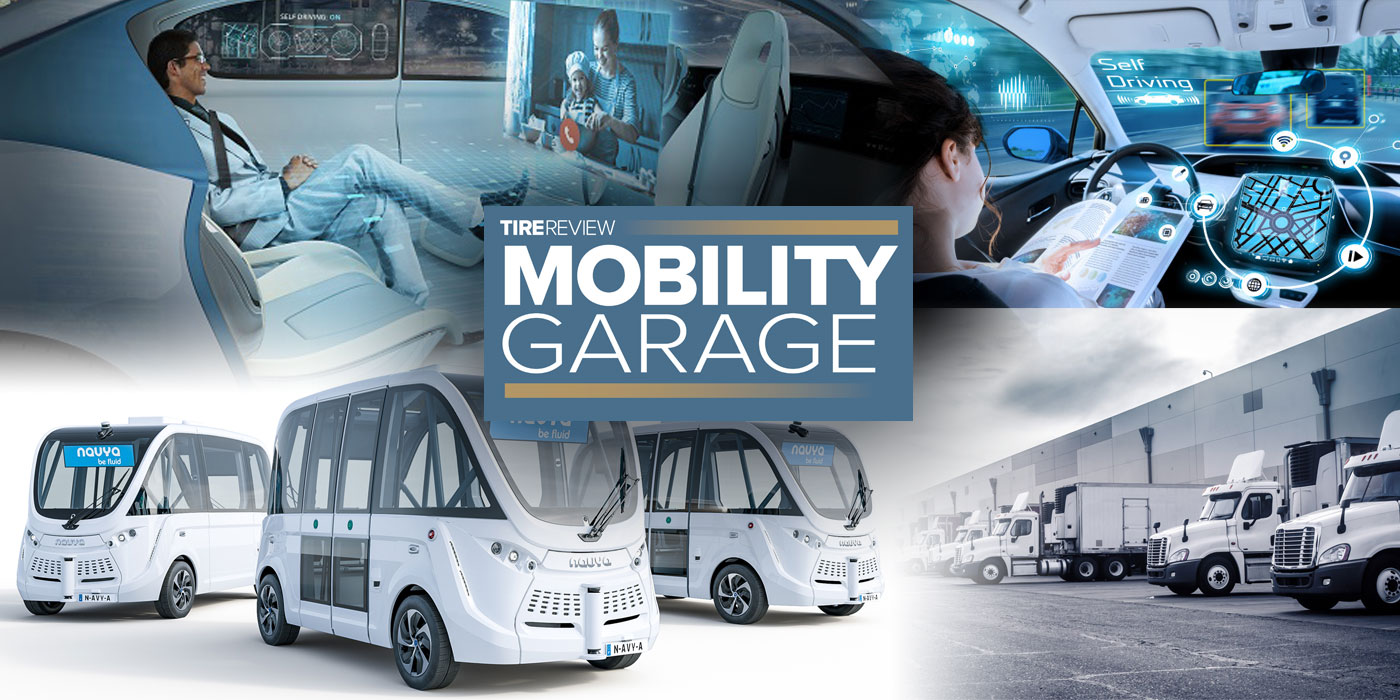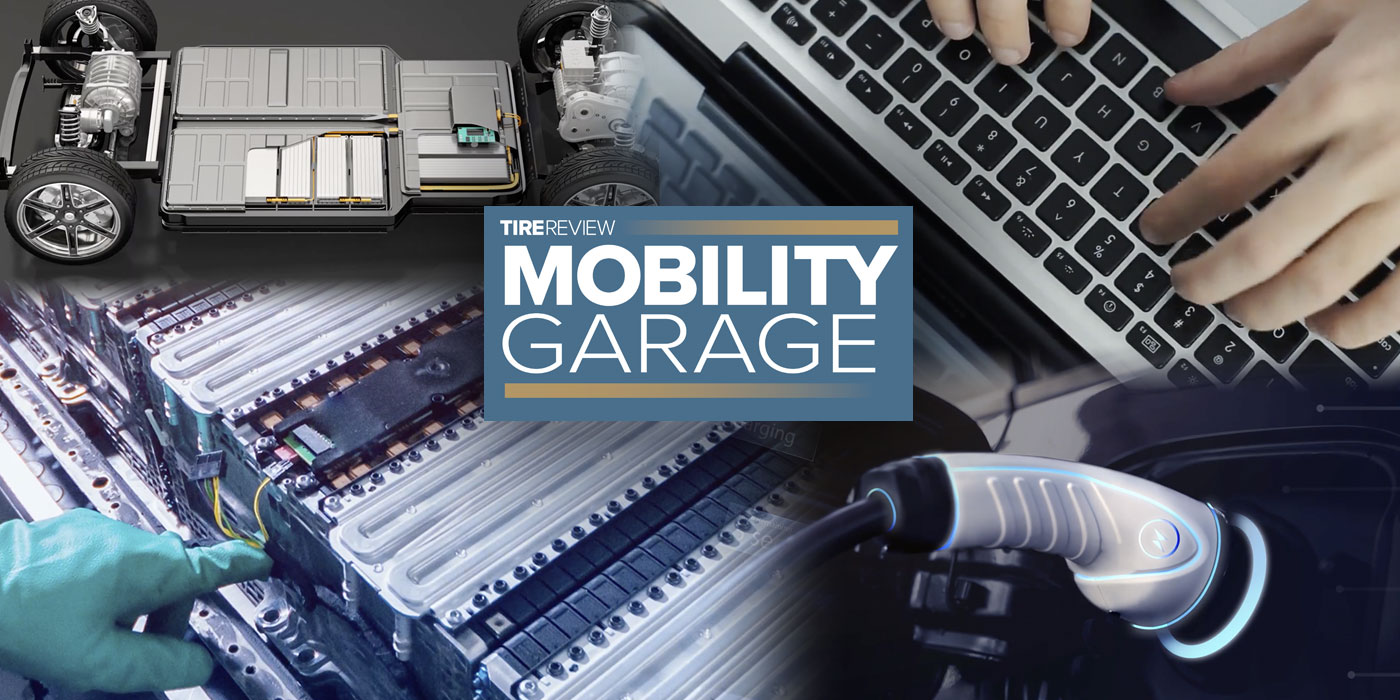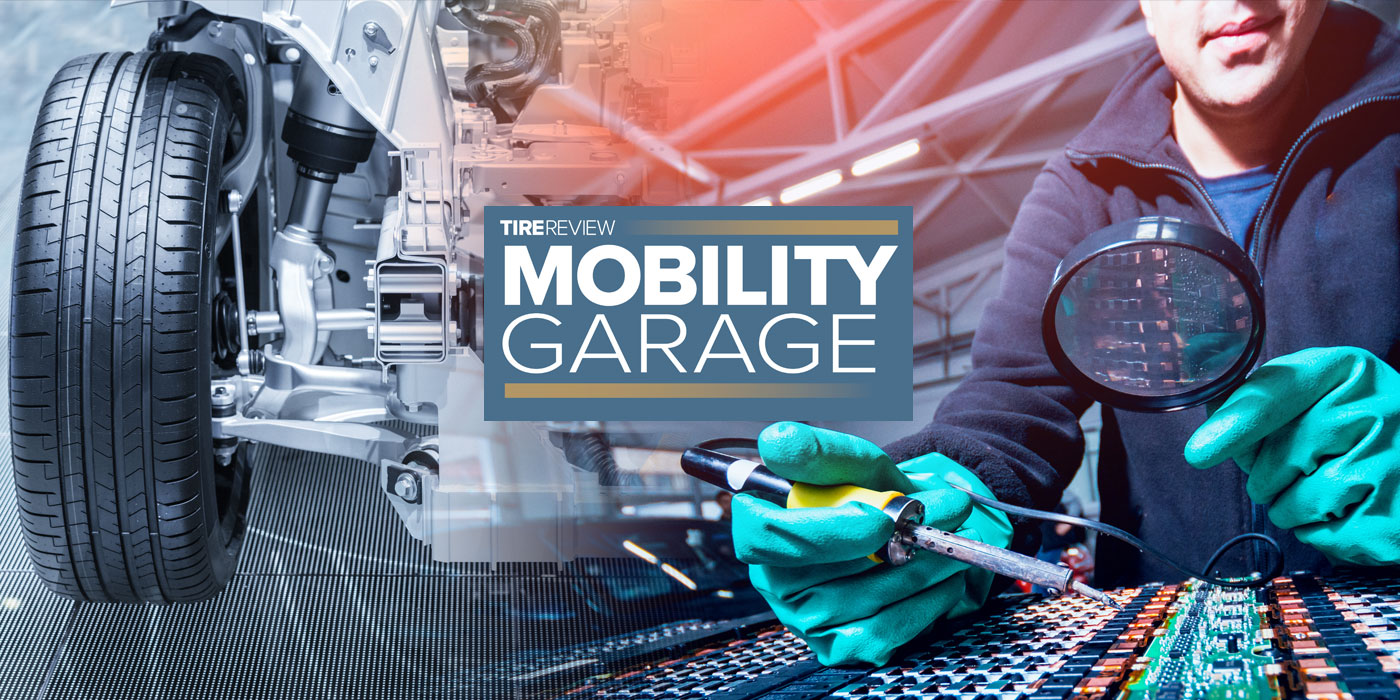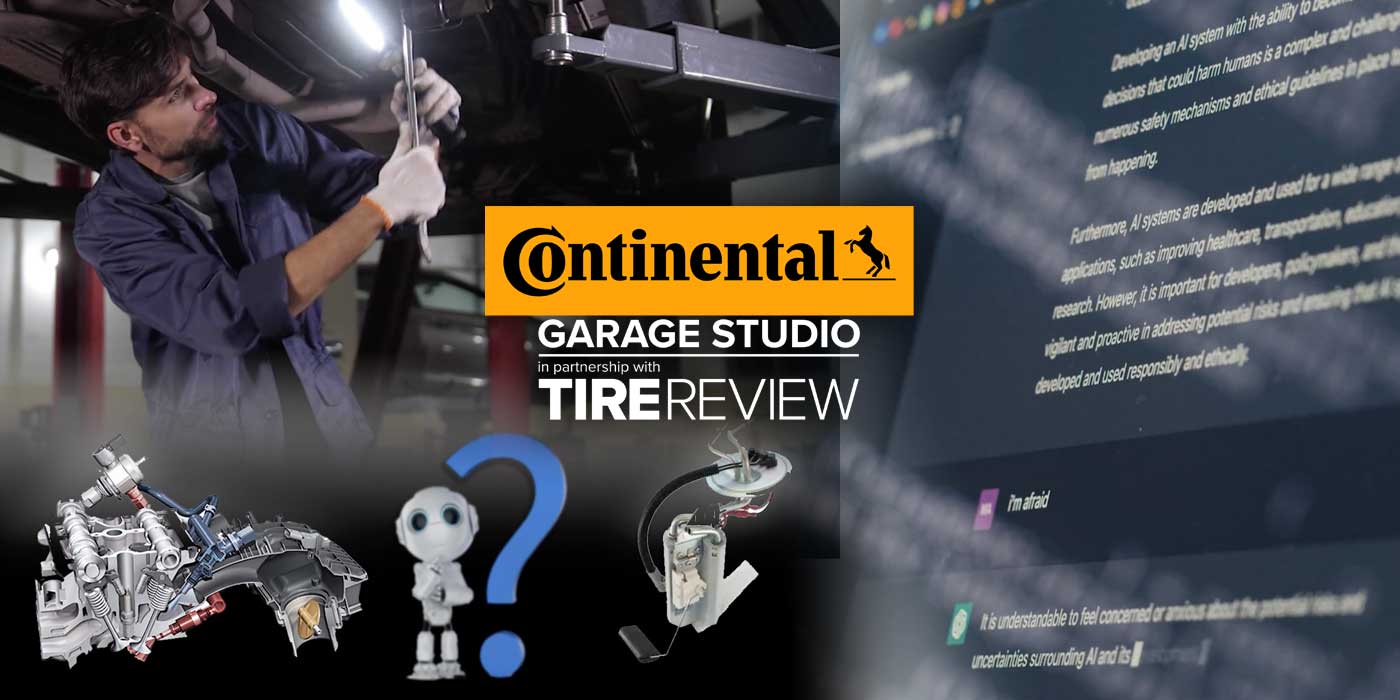Outside observers would tell you tires haven’t changed much in the past 100-or-so years. Still round and black, right? But, those in the know realize that a lot of technology goes into tires, and there have been significant changes through the years to make them underrated-but-fantastic products. And the changes in future mobility are demanding even greater high-tech evolutions in tires. Learn why in this episode of Tire Review’s Garage Mobility Series.
Though autonomous vehicles may pose the ultimate test of automakers and their suppliers’ adaptability, truly driverless cars are still years away. On the other hand, the transition toward EVs and away from those with internal combustion engines is a nearer-term, if no less significant, challenge.
The rise of EVs poses a particular risk for auto suppliers. Major systems that are essential to vehicles with internal combustion engines are absent from EVs. Makers of exhaust systems, fuel systems and transmissions face disruption as EVs become more mainstream. And EVs are a challenge for tires.
Vehicles with electric and hybrid drives are generally heavier than their conventional counterparts. They put more torque onto the road when moving, and the almost silent powertrain means other sounds such as tire noise become more prominent.
There is a lot to read out there as it relates to tires and EVs. Tech Crunch even talks about how “EVs eat tires faster.” Consider that the requirements for an EV tire aggravate the performance conflicts that are always present in tire design. Those include trade-offs such as grip versus mileage, rolling resistance versus handling and others. Low rolling resistance to save battery power and improve the vehicle’s range is important, as well as a reduced noise level to match the noiseless engine.
Another issue is grip, as an electric engine provides full power immediately. A high grip level is required, and the potential for irregular wear becomes an issue. Since batteries are heavy, a bigger tire size could be a possible solution.
On the other hand, one of the beneficiaries of electrification will be tires – with multiple positive tailwinds. First, cars are being driven more each year. Vehicle Miles Traveled (VMT) is 3.25 trillion annually in the US and is growing at about 1% year over year. Because consumers are keeping cars longer (11.1 years on average), this results in more replacement tires consumed throughout the ownership period.
The other significant growth lever for tires is the secondary effect of the powertrain: EVs consume tires at a much higher rate than internal combustion vehicles. You can easily find a Tesla owner who’s replaced his tires after a mere 10,000 miles.
Some EV fleets and tire companies are admitting that users come back for tire replacements 30% more frequently than traditional internal combustion vehicle owners. So, while EVs have less of a need to visit a service shop – due to fewer replaceable components, they’ll need tire replacement more often.
Keep in mind, as well, that as our society moves toward less personal car ownership and increased fleet ownership via shared fleets, those fleets will be reliant on tire experts to assist them in proper maintenance. That’s right – they don’t want passengers or goods stranded because of tire failures. Become their tire expert!
And if you choose to look at EVs as an “opportunity” rather than a “challenge,” perhaps you’ve already recognized that your business can actually be perceived as a “solution center” for EV owners when it’s time for automotive service. Consider charging stations, for example. One of the deterrents to EV acceptance in North America is the lack of public-access charging stations for EVs.
That could be changing.
In March 2021, the Biden Administration unveiled a $2.25 trillion infrastructure stimulus package with grants to state and local governments, as well as the private sector, to install 500,000 EV chargers by 2030. Tesla’s plan has called for a nationwide, proprietary charging infrastructure, and Tesla has installed more than 20,000 EV chargers, about 20 percent of the 100,000 public EV charging outlets in the US as of March 2021, according to the US Department of Transportation.
For auto shops considering this as a business marketing expense, Price Waterhouse Coopers’ analysis estimates it can cost up to $96,000 to install just one fast-charging Level 3 or 4 outlet. Can a shop afford it? Can a shop partner with someone else? Can a shop at least locate some nearby public-access charging stations that can be used as an add-on service for customers when their EVs are in the shop?
Sometimes, thinking outside the box helps get you out of a boxed-in situation.
Tire Review‘s Mobility Garage Series answers your questions on the future of the automotive industry! This new series will take a deep dive into the future mobility landscape and how the tire industry, especially tire dealers, will be impacted by technologies coming down the line. The series is hosted by Jim Davis, a 30-plus year tire industry veteran, retired Goodyear communications manager and former editor of Tire Review. Join Jim as he breaks down the complexity of today’s modern mobility technologies and provides data to inform your business to prepare for the future ahead.

